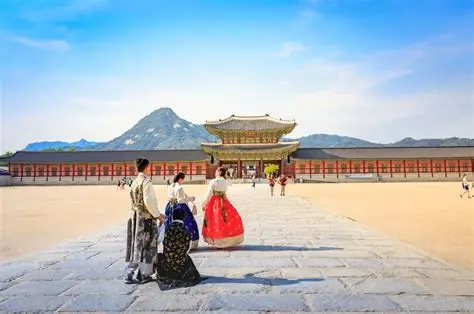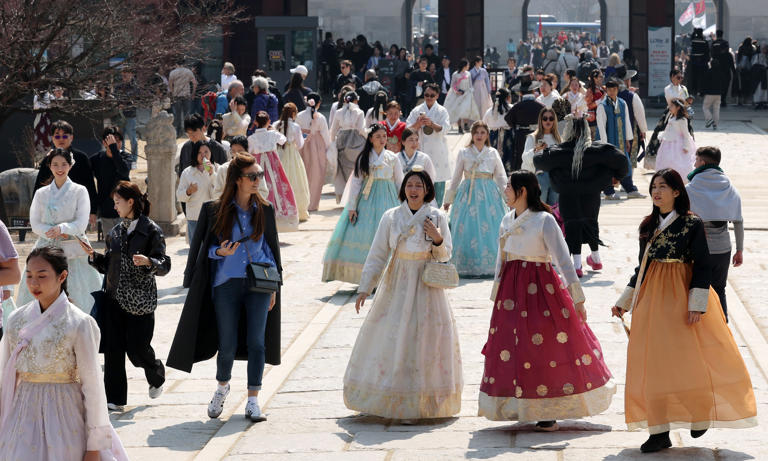
South Korea is bracing for a potential wave of Chinese tourists following Beijing’s decision to allow visa-free group travel to South Korea starting October 2025. The new policy comes amid efforts to revive outbound tourism and thaw relations that had been strained since the THAAD missile defense dispute in 2017. Industry watchers believe this could significantly boost visitor arrivals, particularly for casinos and duty-free businesses, which have long depended on Chinese spending.
For the casino sector, the stakes are high. Foreigners-only casinos in Seoul and Jeju rely heavily on Chinese high rollers and package tour groups. Pre-pandemic, Chinese players made up over 45% of South Korea’s casino patrons, according to data from the Korea Casino Association. The new policy could help offset sluggish visitation in recent years, though operators remain cautious given China’s tighter regulations on gambling-related tourism.
Tourism officials are optimistic about broader benefits. The Korea Tourism Organization expects the visa-free arrangement could draw up to 2 million additional Chinese visitors annually, revitalizing not only casinos but also retail, accommodation, and MICE (meetings, incentives, conferences, exhibitions) industries. Airlines and travel agencies are already preparing group itineraries, with Jeju and Incheon anticipated to be major beneficiaries.
However, there are concerns. Some analysts note that while the policy may bring volume, the quality of spending remains uncertain. Chinese tourists have increasingly shifted toward budget travel and online shopping channels rather than traditional duty-free stores. This trend could dilute the impact on luxury retail and casino segments, which historically relied on high-value spending.
Observers also highlight the geopolitical dimension. Beijing’s decision to ease restrictions is seen as part of a broader strategy to stabilize relations with Seoul amid shifting regional alliances. For South Korea, the move represents both an economic opportunity and a diplomatic balancing act as it continues to navigate tensions between the US and China.
Ultimately, while the visa-free policy may not fully restore the golden years of Chinese tourism seen before 2017, it marks a crucial turning point for South Korea’s hospitality and gaming industries. The coming months will test how well casinos, retailers, and policymakers can adapt to changing travel patterns while maximizing the benefits of renewed Chinese visitor flows.





 Content Writer: Janice Chew • Friday, 25/09/2025 - 17:27:22 - PM
Content Writer: Janice Chew • Friday, 25/09/2025 - 17:27:22 - PM